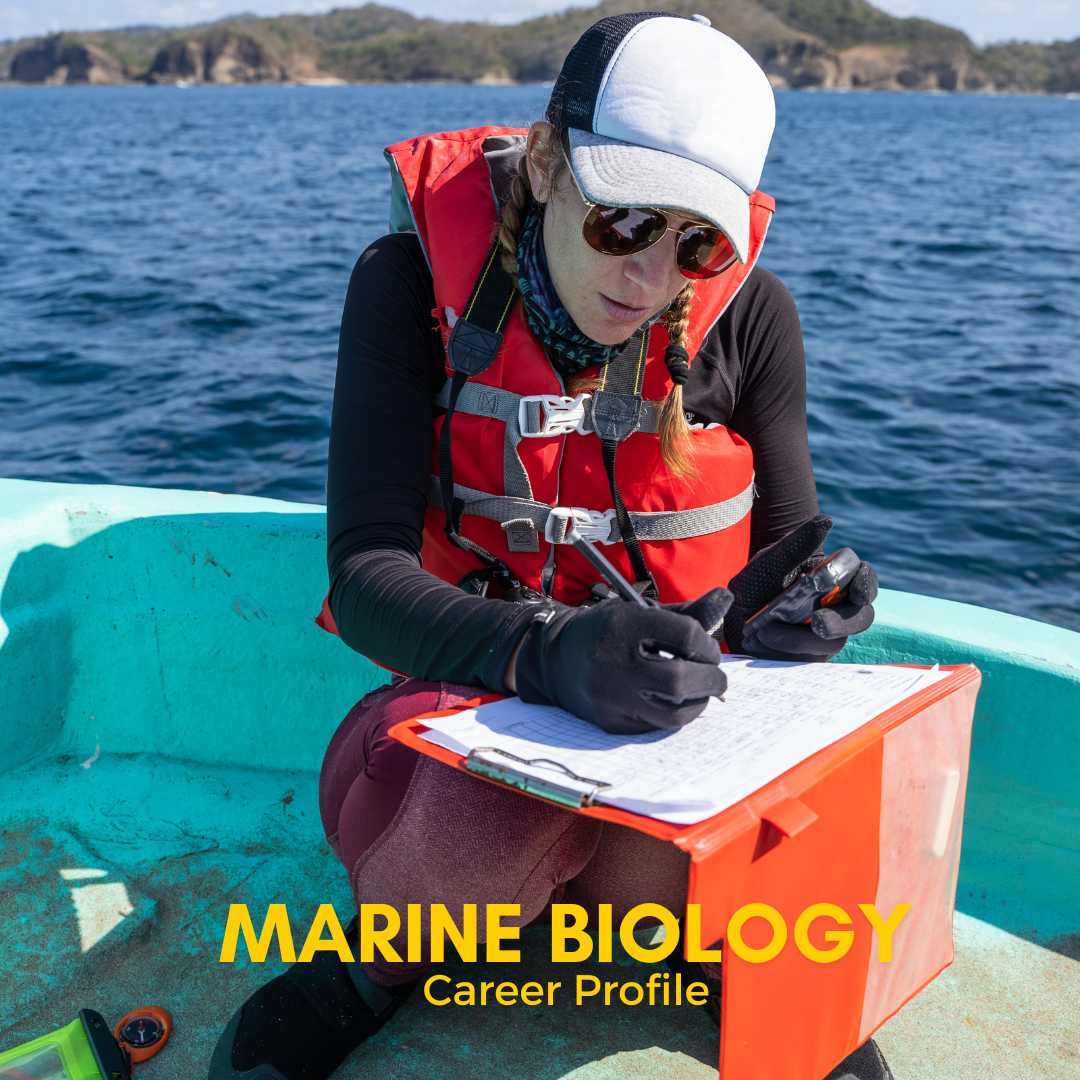 In a world increasingly focused on sustainability and environmental stewardship, marine biology stands out as a popular and aspirational field for high school and college students alike. Driven by a profound passion for oceanic environments and marine life, aspiring marine biologists dive into the study of marine organisms, their behaviors, and their interactions with the environment. The career opportunities in marine biology are diverse and dynamic, ranging from cutting-edge research and conservation efforts to impactful roles in education and applied science.
In a world increasingly focused on sustainability and environmental stewardship, marine biology stands out as a popular and aspirational field for high school and college students alike. Driven by a profound passion for oceanic environments and marine life, aspiring marine biologists dive into the study of marine organisms, their behaviors, and their interactions with the environment. The career opportunities in marine biology are diverse and dynamic, ranging from cutting-edge research and conservation efforts to impactful roles in education and applied science.
Core Marine Biology Career Paths:
- Research Scientist: Focuses on studying marine ecosystems, conducting experiments, and publishing findings. Often employed by universities, research institutions, and government agencies.
- Marine Conservationist: Works with organizations to protect marine environments, develop conservation strategies, and promote sustainable practices.
- Marine Educator: Teaches marine biology at high schools, colleges, aquariums, and museums, inspiring the next generation of marine scientists.
- Aquarist: Manages marine life in aquariums, ensuring the health and well-being of marine species and educating the public.
- Marine Policy Advisor: Advises on policies related to marine conservation, fisheries management, and environmental protection.
Job Outlook:
The demand for marine biologists is expected to grow as environmental concerns and the need for conservation efforts increase. Job opportunities are available in various sectors, including:
- Government Agencies: Employ marine biologists for research, policy development, and regulatory roles.
- Nonprofit Organizations: Focus on conservation, advocacy, and education.
- Academic Institutions: Offer research and teaching positions.
- Private Sector: Includes environmental consulting firms and companies focused on sustainable seafood and marine resources.
Skills and Education:
- Education: A bachelor’s degree in marine biology or a related field is essential. Advanced degrees (master’s or Ph.D.) are often required for research and higher-level positions.
- Skills: Strong analytical skills, fieldwork experience, proficiency in laboratory techniques, and knowledge of marine ecosystems. Effective communication and teamwork are also crucial.
Challenges and Rewards:
Marine biologists often face challenges such as securing funding for research, working in remote locations, and dealing with the unpredictability of marine environments. However, the rewards include contributing to the understanding and preservation of marine life, engaging in exciting fieldwork, and having the opportunity to travel and explore diverse ecosystems.
Adjacent Job Opportunities:
A degree in marine biology equips graduates with a wide range of skills and knowledge that can be applied to various adjacent jobs beyond traditional marine biology roles. Here are some careers that can benefit from a marine biology background:
- Environmental Consultant: Provides expertise on environmental impacts and conservation strategies for businesses and government agencies.
- Wildlife Biologist: Studies animals and ecosystems, often focusing on conservation and biodiversity.
- Ecologist: Examines ecosystems, including marine and terrestrial environments, to understand the relationships between organisms and their habitats.
- Fisheries Biologist: Manages and studies fish populations, advising on sustainable fishing practices and fisheries management.
- Marine Engineer: Works on the design and development of marine technology, including vessels, underwater equipment, and offshore structures.
- Oceanographer: Studies the physical, chemical, and geological aspects of the ocean, often collaborating with marine biologists on interdisciplinary research.
- Hydrologist: Investigates water resources, including the study of ocean currents, tides, and water quality, with applications in environmental protection and resource management.
- Aquaculture Specialist: Focuses on the breeding, raising, and harvesting of fish, shellfish, and other aquatic organisms in controlled environments.
- Marine Policy Analyst: Analyzes and develops policies related to marine conservation, fisheries management, and marine resource use.
- Environmental Educator: Teaches and raises awareness about environmental issues, often through schools, nature centers, and community programs.
- Science Communicator: Writes and produces content related to marine science for media outlets, educational materials, and public outreach programs.
- Marine Mammal Trainer: Works with marine mammals in settings such as aquariums, zoos, and research facilities, focusing on training, enrichment, and education.
- Environmental Lawyer: Specializes in laws and regulations related to environmental protection, including marine conservation and pollution control.
- Conservation Scientist: Develops and implements conservation strategies to protect natural resources, including marine ecosystems.
- Geospatial Analyst: Uses geographic information systems (GIS) to analyze spatial data related to marine and coastal environments.
Marine biology is more than just a field of study; it is a gateway to a diverse array of career opportunities that leverage scientific training, analytical skills, and a deep understanding of environmental dynamics. Graduates armed with a marine biology degree can step into roles that span scientific research, conservation, education, and policy-making, each offering a chance to make significant contributions to environmental sustainability. These career paths not only fulfill a passion for oceanic life but also play a crucial role in addressing some of the most pressing environmental challenges of our time.
Life Science Talent Where and When You Need It.
We help organizations manage their most critical scientific staffing needs by connecting them with our large, industry-specific talent pool. Whether you are seeking skilled marine biologists, conservation experts, or marine policy advisors, our network ensures that you find the right talent to drive your organization’s success and contribute to the sustainable future of our oceans.